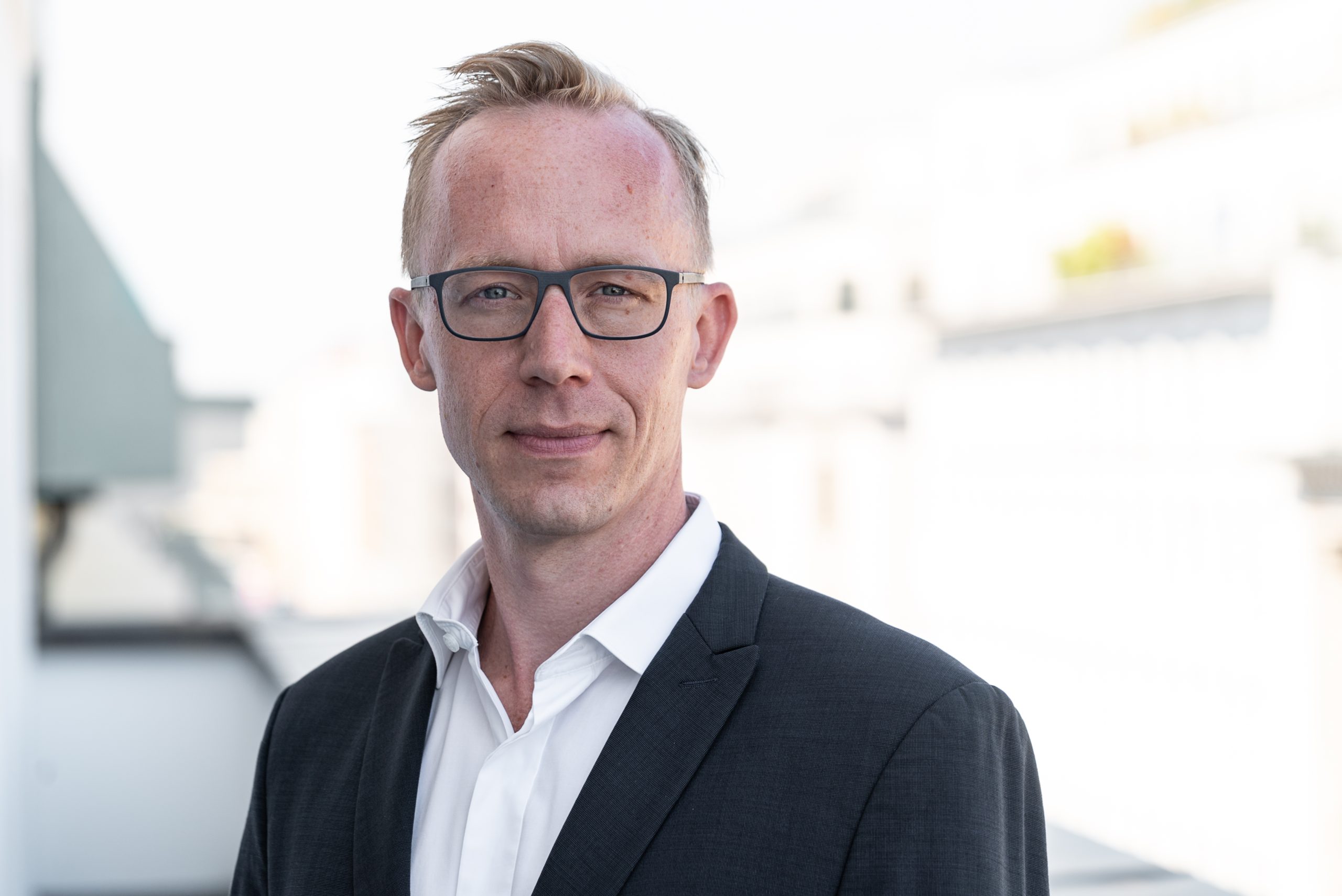News
Interview with Henry Alt-Haaker, Senior VP of the Robert Bosch Stiftung

We are excited to announce that Robert Bosch Stiftung recently joined the growing community of funders supporting our mission to reimagine politics in Europe. We took this opportunity to interview Henry Alt-Haaker, Senior Vice President of the Robert Bosch Stiftung, about their support to Multitudes and their democracy work in general.
Why did the Robert Bosch Stiftung decide to support Multitude’s mission to reimagine politics all over Europe?
We share the mission to make politics more inclusive and representative of society. This means that we foremost must support those who often are missing in decision making bodies. e.g., people with a migration history, of all genders, classes, abilities, religions, sexual orientations. This is not a matter of charity for the weak, but a way to strengthen our democracies and truly allow all affected by politics to shape our diverse society.
The Robert Bosch Stiftung has a long history in providing support and capacity building to political decision-makers and believe the eco-system of organizations providing this support needs to grow in Europe. This is why we gladly jumped at the chance to support Multitudes when they first approached us.
How does a reimagined politics look like for you?
Reimagined politics would be more representative of the people living in Europe and serve the needs of all groups of society. It would encompass international best practices to tackle major societal challenges. It would think beyond election terms and shape a future with vision and bravery. And it would communicate in ways that all citizens and affected residents understand it and feel the benefit for them.
For this to realize political parties and institutions need to become more inclusive and diversify proactively. My colleagues in the foundation talk of the “Three Rs”:
- Recognition: recognition of groups as equal and the enforcement of their rights.
- Representation: participation of those groups in the political process.
- Redistribution: fair distribution of opportunities and resources.
What are some of the ways that foundations and philanthropy can contribute to the reimagination of our political systems?
Foundations can support organizations that identify and tackle hurdles to representative politics, which they can do without having their own party-political agenda. What I am talking about here is something that all political parties within the democratic spectrum can benefit from.
In addition, philanthropic actors can help change norms by exploring new processes and ways of working, with their partners and in the field in which they operate. And we can also help experiment with new forms of voter participation and linking the constituents to decision makers. This form of power sharing – if meant genuinely – has the potential to reinvigorate our democracy.
It is a slow process and a process where we still will learn a lot and not all approaches will work right away but we are on the way. Democracy was shaped and changed for 2.500 years and has become more inclusive on the way. Why should we stop now?
It is important to not just work outside the established political decision-making bodies with civil society actors but also with those who already are in positions of powers, as we need to take them along on this journey. That is why the Robert Bosch Stiftung also actively works with members of parliaments and tries to strengthen their capacities, horizons and networks.
What are some other challenges related to the health of our democratic systems that Robert Bosch Stiftung is working on?
Our democracy program supports initiatives fostering participatory democracy and citizenship education. We encourage people to acquire the skills, knowledge and attitudes needed to maintain a healthy democracy, a constructive culture of debate, as well as political and societal inclusion. We also strengthen innovative civic participation formats to complement representative democracy, meaning more people regard themselves as shapers of political processes. In doing so, we focus on the working age population and center our involvement on Germany’s shared border regions with its neighbors. In order to this successfully we leave the ivory tower of our foundation and go to where the people are, their places of work, churches, voluntary fire fighter stations, gyms, coffee shops etc.
How do you see the ecosystem of political renewal evolving in the coming years?
Political representation of marginalized groups is under great pressure in many democracies backsliding in Europe. Threads and attacks against politicians, especially females and individuals with a migration background, are on the rise. While we need to focus on systemic solutions to hurdles in parties and institutional structures it is equally important to support individuals to face these challenges.
But to answer your question on where I see the process going: I am pragmatically optimistic. We can simply not afford to lose 30 % or more of our populations and not use the brain power and creativity of all our societies. The evolutionary resilience of our democracy will prove itself again but learning to include more voices. I believe this is one of the advantages of our system of government over autocracies, which might be more efficient in the short term but also less adaptable in the long run.
What are some signs of hope you are seeing from this ecosystem?
I am happy to see more philanthropies supporting the ecosystem and reflecting on their role in a complex environment of historically grown power structures. Globalization of ideas and the sharing of best practices will be a powerful accelerator for new forms of inclusion and governance. And finally, the generation younger than me gives me hope with their passion, their creativity and their refusal to accept the status quo.